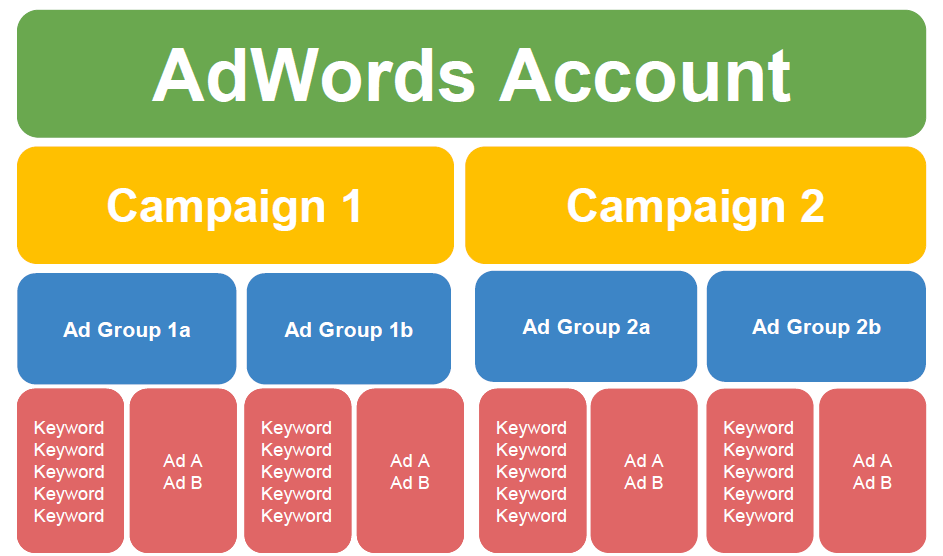Search Engine Marketing, known as SEM, is similar to Search Engine Optimization (SEO). They are both highly effective ways to increase your visibility on search engines like Google and Bing. Both are a type of marketing strategy focused on bringing your company to the top, if not the first position of Google and other search engines.
The main difference between SEO and SEM is that SEO is the method of gaining organic (not paid) results for your website, by optimizing your content and making it more valuable. Your website will rank in the Google search results based on the quality of its contents. (Read more on SEO here)
SEM, on the other hand, includes paid results such as paid advertisements. It is a form of paid marketing where you will pay Google to show your advertisement at the top of the search results. However, to have a successful ad, you will need to understand what words your potential customers might Google to reach you. These words are the core of SEM, they are called Keywords.
Before we begin creating your Google ad, we use state of the art methods to identify the keywords that are most relevant to your business. In addition to finding the right keywords, we will eliminate any negative keywords. Negative keywords are words that are irrelevant to our goal. For example, if you are selling ice cream, negative keywords would be “ice cream recipe.” Because those who are looking for an ice cream recipe are not looking to buy your ice cream, hence they are negative keywords.
Now that you have a general understanding of what SEO is and how we can use it to boost your business. We will discuss a few SEM concepts below:
- Keywords: As mentioned earlier, keywords are the terms people search on Google, and they are the words that will trigger your ads to show. Keywords do not have to be individual words, they can be phrases too, such as “Best restaurants near me” or “buy groceries online.”
- Concordance: Depending on your budget, we can create a connectivity between your keywords and other terms people might search on Google. For example, if you want a broader keyword match, your ad will show when a user searches for words similar to your keywords. If you want an exact match, your ad will only show up when the exact keywords are searched for.
- Text Ad: Standard type of ad, contains words in a box rather than a picture, and links to your website. See below for an example

- Ad Group: It contains several ads that share similar objectives and keywords. Having ad groups is beneficial on Google because it can help us see which ad is more effective through Google analytics.
- Campaign: campaign is like the umbrella where ad groups with similar goals are sorted. For example, if you sell sports products, one ad campaign can include all ad groups focusing on basketball, another can include ad groups selling clothes, and so on…
- Landing Page: This page is where a potential customer is directed to after clicking on your ad. This page is the most important one because here is where the user will decide to buy or not. It must be optimized to create an easy transaction for the user, to guarantee the sale.

The figure above demonstrates a well-structured ad account. It is comprised of Ad Campaigns, Ad Groups, Keywords, Ad Text, and Landing Pages.
If you need the right team to do the right work. Do not hesitate to contact us. We are available round the clock and our experts will ensure a flawless marketing plan for your business.